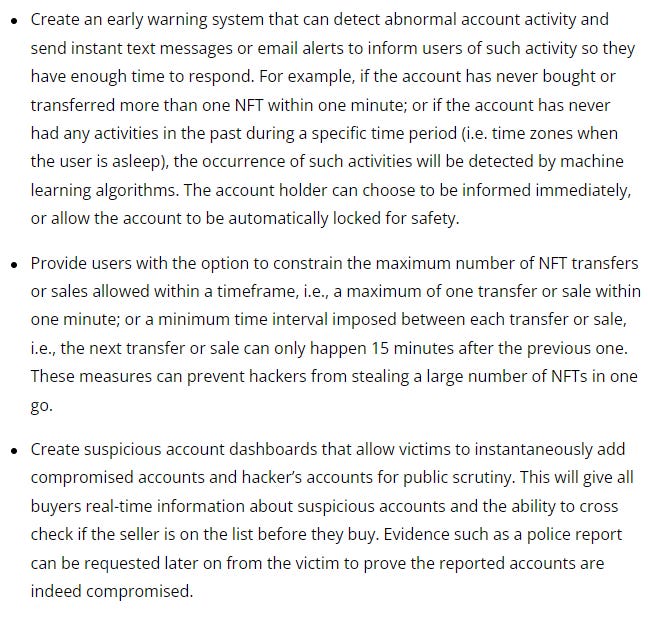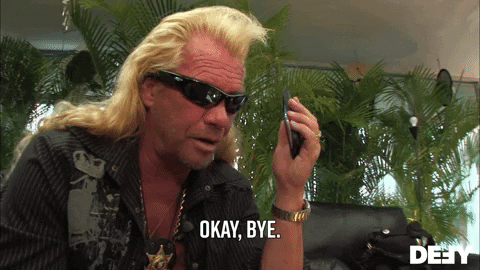🌊 sea of troubles
Keeping up with fraud, scams, and thefts on the world's largest NFT marketplace.
Hey👋
Welcome to the mesha tribe: a biweekly newsletter by mesha that brings you all the latest developments in Crypto, NFTs, and Web3 to help you take your net worth #ToTheMoon🚀
📢 We’re inviting 1,000 early access users to team up and buy NFTs with Mesha. Create a team wallet, invite your friends, and split the costs (including gas) across the team.
Benefits:
An original NFT designed by Mesha
100,000,000 $MESHA tokens allocated for early access
Periodic giveaways of blue-chip NFTs to our first 1,000 users
Early access is open to anyone in our community who has reached Level 4, or higher. Get involved in our Discord, share your favourite NFTs, and meet your next teammates!
Sounds good? Sign up below👇
🎙️Spill the NFT: We host a weekly Twitter Space where we invite industry experts to discuss their experiences and latest developments in NFTs and Web3 every Thursday at 8 PM IST. Check out our Twitter page for the guest list 👀
Great! Let’s get to it.
The Big Story
Anyone who's dabbled in NFTs or has even remotely heard about the industry knows that it’s rife with scams and fraud. From rug pulls to counterfeits to fake giveaways, we come across new instances of scammers taking advantage of naive traders almost every week.
Just last month, comedian Seth Green revealed that he lost 4 NFTs after accidentally interacting with a phishing site. The NFTs, supposed to star in his upcoming show, were later relisted on OpenSea.
Back in February, 17 OpenSea users reported their NFTs stolen in a phishing attack worth around $2.9 million.
One thing remains common among such big attacks: they’ve all occurred on OpenSea.
For the uninitiated, OpenSea is the world's largest NFT marketplace that allows users to buy and sell digital assets. The company, founded in 2017, went from being an obscure startup to becoming a global sensation last year amid the crypto craze. It currently accounts for more than 60% of the total NFT market share and is valued at $13.3 billion following its recent funding round.

But despite such rapid successes, OpenSea has come under constant public scrutiny over the lack of security measures on its platform.
At present, it struggles with two main issues: Plagiarism and a UI bug.
I. Plagiarism
Over the past 18 months, OpenSea has seen a surge in the number of sellers tweaking traditional artworks and listing them as NFTs without compensating the original creators.
DeviantArt, a Wix-owned artists' collective that runs plagiarism detection software, found over 290,000 instances of plagiarism on OpenSea and other NFT marketplaces.
While OpenSea—whose creation tool allows users to record and authenticate items on the blockchain with just a few clicks—initially restricted the number of NFTs users could list, it quickly reversed the decision after receiving backlash from the NFT community. But last month, the company rolled out a series of copy detection and verification features to deal with copymints (copycat NFTs).
II. UI bug
More than $1 million was stolen from NFT users in January after hackers exploited a UI bug on OpenSea’s website. Basically, the issue occurred due to a mismatch between the information displayed on OpenSea's UI and the information available in NFT smart contracts. This thread by software developer Rotem Yakir explains the design flaw in detail.


But here's the kicker: The issue had existed ever since OpenSea's launch, but the company didn't communicate it before "because we didn't want to risk bringing it to the attention of bad actors who could abuse it at scale before we had mitigations in place." And since this issue—which OpenSea says isn’t a bug at all—is due to the nature of the blockchain, it can't cancel listing on users' behalf.
Since then, the platform took some measures to tackle this problem. The company has recently launched a new listings manager and changed its default listing duration from 6 months to a month.
The NFT community isn't happy
OpenSea being the leading NFT trading platform yet taking almost no accountability for scams, fraud, and theft rampant on its platform doesn't sit well with the community.
While it has announced several initiatives to curb them, the implementation has continuously disappointed its users, who keep flagging new scams every day on Twitter. In fact, there have been some cases where OpenSea claimed that it's not liable for the resale of NFTs on its platform, or anywhere else, as it has "no control." Meanwhile, in other scam-related instances, the company simply reimbursed some users by asking them to sign nondisclosure agreements.
Regardless of such controversies, OpenSea continues to be the top choice for NFT creators as it offers them an ease of access like no other platform does. Still, the incessant scams have left many to wonder if there’s a way for the platform to ensure safety against fraud and scams.
Users like NFTtheft, who track fraudulent instances within the community, have suggested some viable alternatives.

Here’s another way how OpenSea can safeguard its users, as explained by Elaine Hu in this article:
So far, OpenSea has overall remained unresponsive to users' suggestions. But considering that competitors like Coinbase and FTX.US are quickly catching up, there's a real possibility, and a lot of hope, that things could change for good.
Share what you learn 🤝
That’s all for today.
If you found this newsletter insightful, subscribe and share it with your friends and colleagues.
Or sign up and discuss the above stories yourself.
See ya!👋






